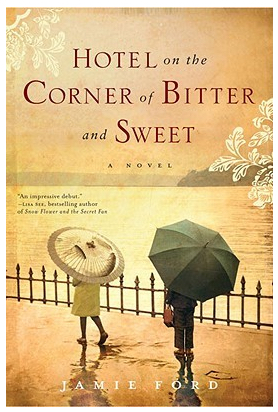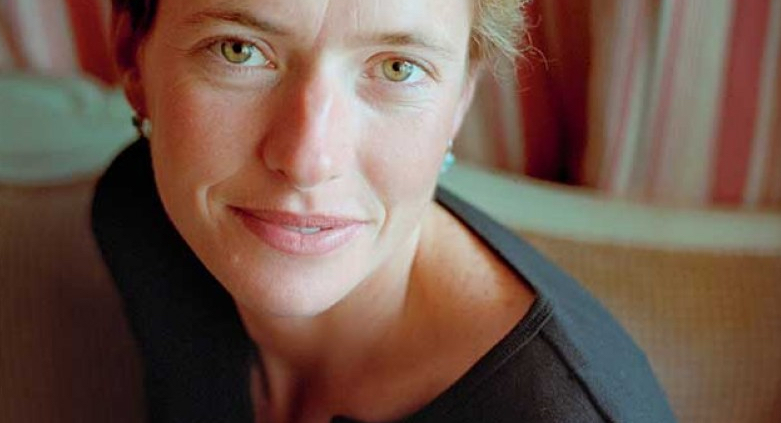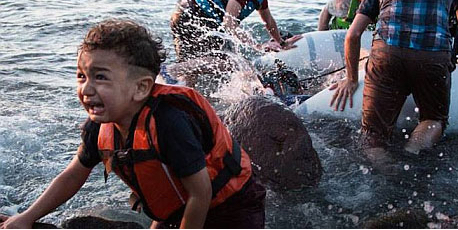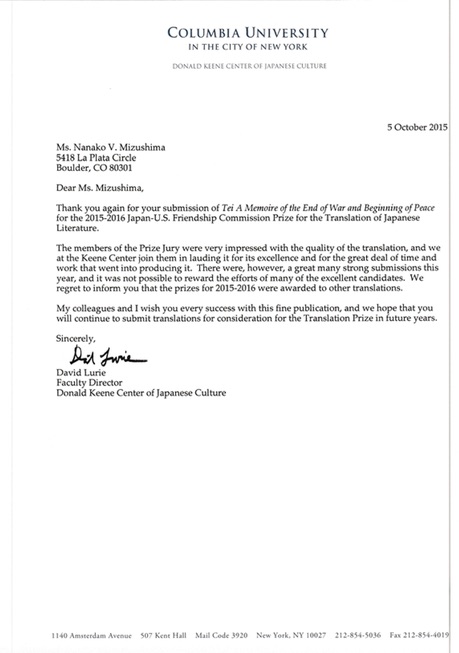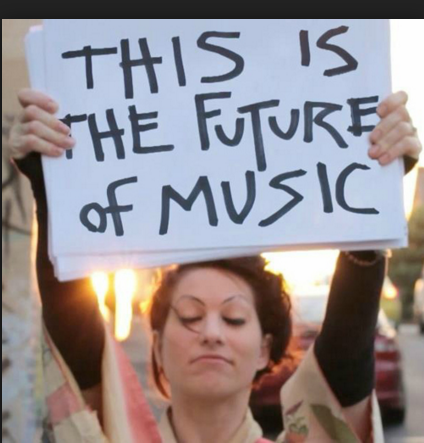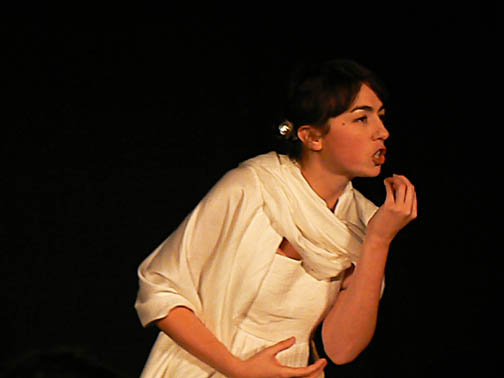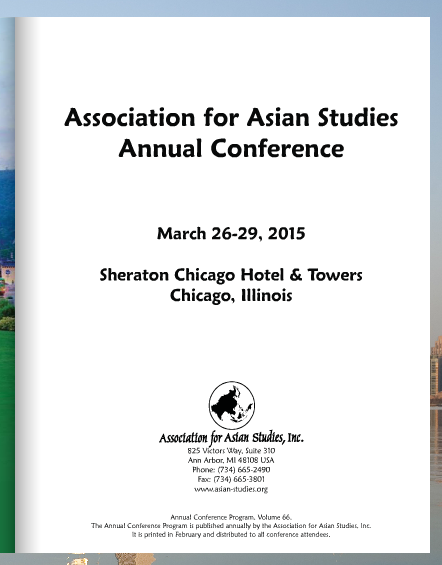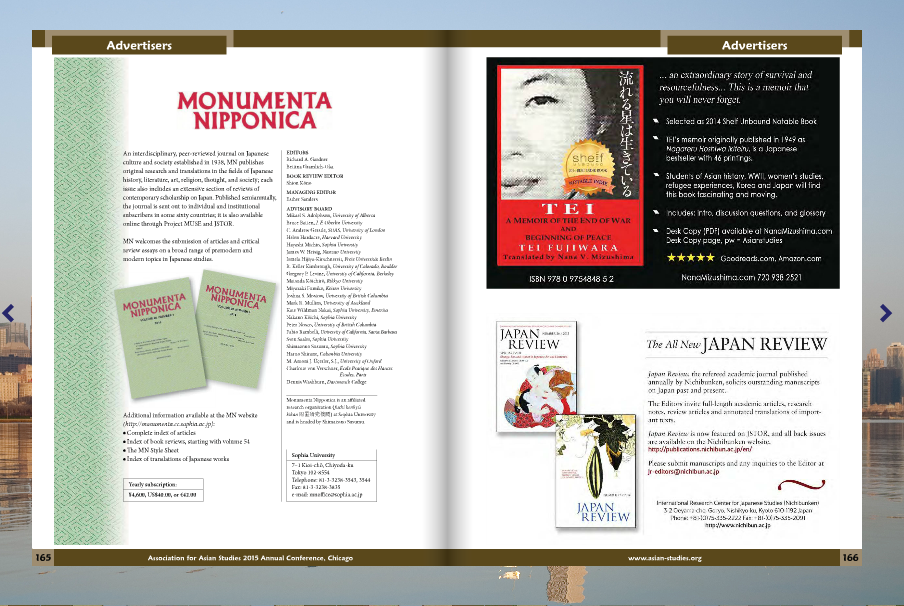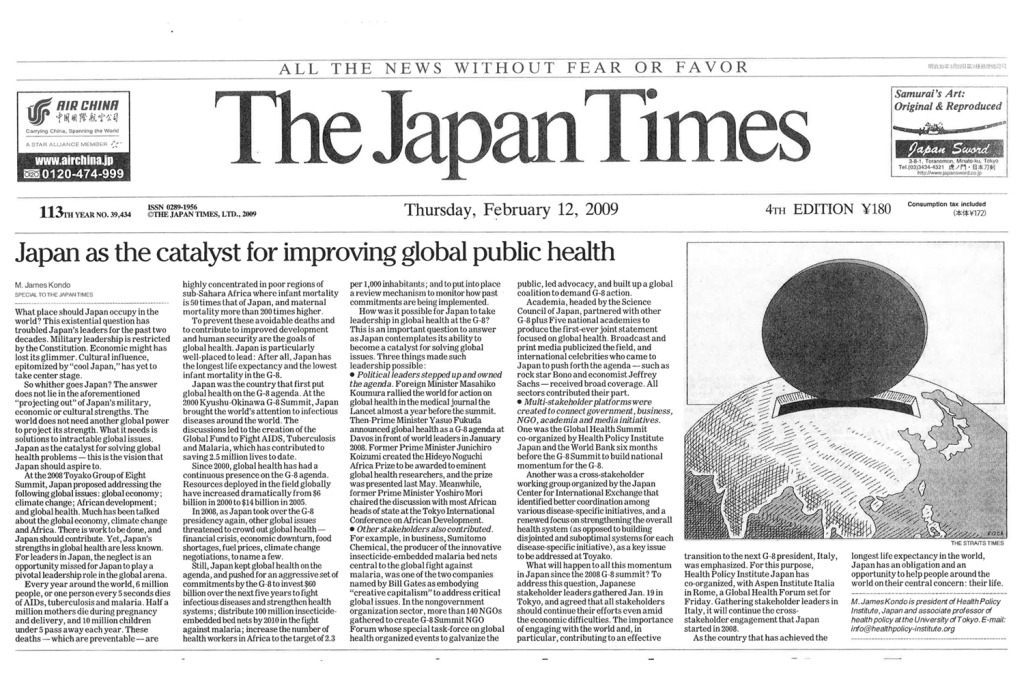“The hardest choices in life aren’t between what’s right and what’s wrong but between what’s right and what’s best.”
― Jamie Ford, Hotel on the Corner of Bitter and Sweet
Having lived in Seattle for five years, I have only one regret. I wish I had taken the tour of the underground city. Apparently there are remains of old Seattle beneath today’s streets where one can see what life must have been like for the many people who came to seek their fortune in this beautiful coastal city.
Reading this book make up for part of that regret. Ford brought alive the ambiance of one of Seattle’s old neighborhoods which disappeared with WWII, Japantown. The many immigrants from China and Japan formed vibrant communities, not just to survive in the dominant white society, but also to keep their own languages and cultures alive.
I really enjoyed this coming of age story told from the perspective of an elderly Chinese-American man. Through the discovery of dusty personal possessions stored and long forgotten in a shuttered old hotel, the elderly man remembers what happened a lifetime ago-when he fell in love with another exile, a Japanese-American girl who was the only other non-white student in his school.
Apparently, this old hotel really does exist and was restored as it was described in this story. Ford created an entertaining, moving story around this hotel, a story of two young people who form a bond despite the many barriers put up by their families, society and the world at war. This story personalized how American children experienced WWII, the internment of friends and classmates who happened to be Japanese-American, and the difficult, complex relationships between Whites, Chinese and Japanese during those years.
When I lived in Seattle, I often went shopping in the International District. There were tantalizing hints of its history in the funky old buildings and the mish-mash of shops and restaurants. But I was too busy in those days to look beyond the surface. Now I know something about that neighborhood; Japantown, its community, people and businesses which originally thrived in that same area, and why Japantown disappeared.
